
Professor George Booth
Professor of Theoretical Physics
Research interests
- Physics
Biography
Group Website: www.boothgroupresearch.com
Professor George Booth joined King’s College London in October 2014 as a Royal Society university research fellow and proleptic lecturer. In September 2019 he became a Reader in Theoretical Physics. He has an Msci in Physics from the University of Nottingham and a PhD in Theoretical Chemistry from the University of Cambridge. He worked as a postdoctoral research associate at both the University of Cambridge and Princeton University, USA. He also held posts as a junior research fellow at Trinity College, Cambridge from 2010-2015 and as a fixed term lecturer at the University of Cambridge.
Research
The interactions between electrons and nuclei provide the glue that binds together all materials. The specifics of these interactions give rise to the vast array of different properties around us, ranging from metallic behaviour, to catalytic biomolecules or magnetic interactions. However, while it is now common to design large-scale engineering projects from buildings to planes with accurate computational simulation, it is curious that the techniques for microscopic simulations of the interactions of these most fundamental particles is still very much lacking. This is true to such an extent that many physical properties of materials cannot be predicted computationally from their underlying constituents with current techniques. This may not be such a problem if experiments could answer all questions about physical processes and mechanisms, but increasingly it is important to also use computational modelling as a complementary approach to guide experimental work and provide access to quantities and insight that is hard or impossible to probe by experimental means.
Research in my group concerns the development of novel computational methods to accurately simulate these many strongly interacting particles. The techniques draw on inspiration from approaches in both physics and chemistry to target specific classes of system, as well as development of efficient algorithms for their implementation. In contrast to the ubiquitous density functional theory, a key feature is that of systematic improvability – the desire for exact limits to the techniques that are guaranteed to reproduce the exact physics of the system. This limit can then theoretically be approached to improve the description of the system allowing for the correct physical processes to emerge naturally from the calculations. This is required for many systems where density functional theory simply cannot provide the accuracy for predictive results in the presence of strong quantum fluctuations.
Examples of methods developed include Quantum Monte Carlo approaches, Quantum cluster models, tensor networks and perturbative approaches. These are then applied to outstanding unsolved problems of electronic structure in diverse fields, spanning ab initio molecular and solid state problems, surfaces and reaction centres of organometallic compounds, and quantum magnetism in lattice models of cuprate superconductors. The interest in the electronic structure of these systems spans ground state, static quantities, as well as spectral and thermal states, to provide access to a range of observable properties.
Research
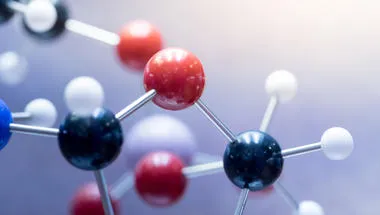
Theory & Simulation of Condensed Matter
Research is focused on the theory of condensed matter, and in particular the development and application of advanced theoretical and modelling techniques suitable for the study of complex materials and molecular systems and processes.
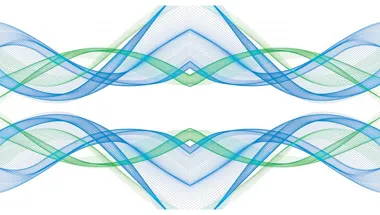
Centre for Non-Equilibrium Science (CNES)
CNES acts as an international hub for cross-disciplinary research in non-equilibrium science.


P89: The dynamics of quantum machine learning
The dynamics of quantum machine learning phd
Project status: Completed
News
King's scientists awarded two research grants to make quantum computing more reliable
The projects aim to improve our ability to test these technologies as well as supporting software developers to use them.
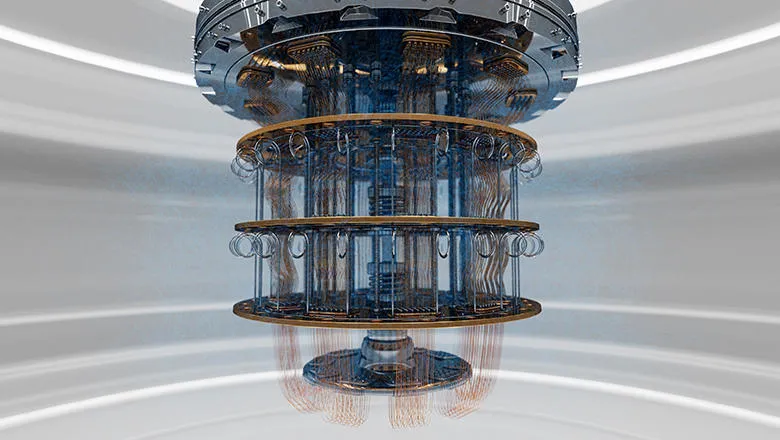
King's physicists reflect on 15 years of the Thomas Young Centre
Celebrating the Thomas Young Centre
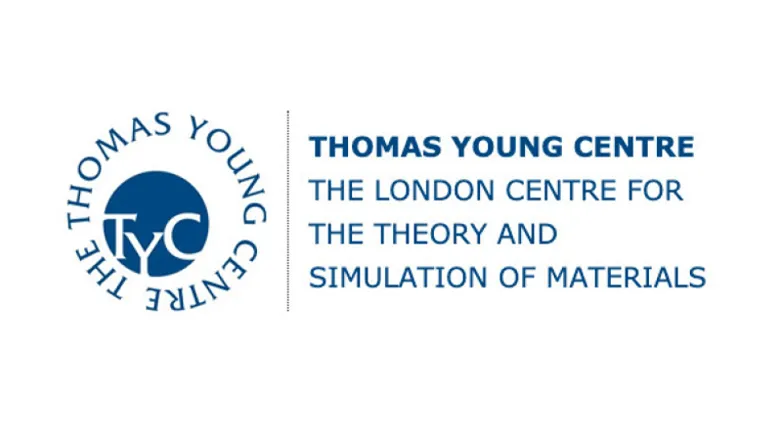
Materials and Molecular Modelling Hub receives £4.5m boost in EPSRC funding
King’s and partner universities have received £4.5 million from the Engineering and Physical Sciences Research Council (EPSRC) to carry out pioneering...

Dr George Booth wins ERC Grant
Dr George Booth, Royal Society University Research Fellow in the Department of Physics, was awarded a European Research Council (ERC) Starting Grant earlier...

Events
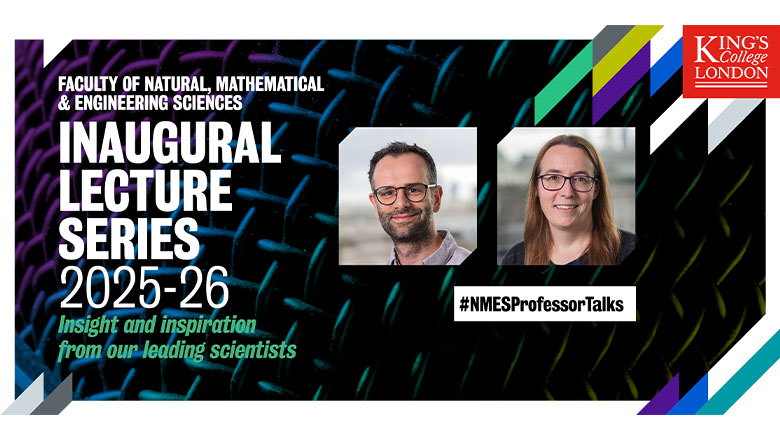
Physics Inaugural Lecture
The Inaugural Lecture Series from the Faculty of Natural, Mathematical & Engineering Sciences (NMES) celebrates the journeys and career successes of our...
Please note: this event has passed.
Research

Theory & Simulation of Condensed Matter
Research is focused on the theory of condensed matter, and in particular the development and application of advanced theoretical and modelling techniques suitable for the study of complex materials and molecular systems and processes.

Centre for Non-Equilibrium Science (CNES)
CNES acts as an international hub for cross-disciplinary research in non-equilibrium science.


P89: The dynamics of quantum machine learning
The dynamics of quantum machine learning phd
Project status: Completed
News
King's scientists awarded two research grants to make quantum computing more reliable
The projects aim to improve our ability to test these technologies as well as supporting software developers to use them.

King's physicists reflect on 15 years of the Thomas Young Centre
Celebrating the Thomas Young Centre

Materials and Molecular Modelling Hub receives £4.5m boost in EPSRC funding
King’s and partner universities have received £4.5 million from the Engineering and Physical Sciences Research Council (EPSRC) to carry out pioneering...

Dr George Booth wins ERC Grant
Dr George Booth, Royal Society University Research Fellow in the Department of Physics, was awarded a European Research Council (ERC) Starting Grant earlier...

Events

Physics Inaugural Lecture
The Inaugural Lecture Series from the Faculty of Natural, Mathematical & Engineering Sciences (NMES) celebrates the journeys and career successes of our...
Please note: this event has passed.
